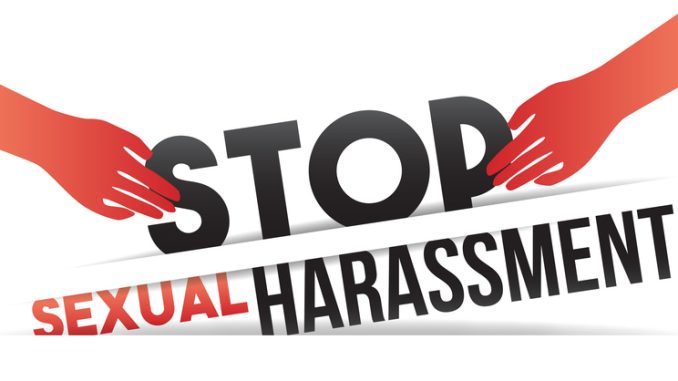
As of October 2024, UK employers are now legally obligated to take proactive, reasonable steps to prevent sexual harassment in the workplace, marking a pivotal shift toward greater workplace safety
CREDIT: This is an edited version of an article that originally appeared on gov.uk
On 26 October 2024, a significant change came into effect regarding workplace conduct, as employers are legally required to take reasonable steps to prevent sexual harassment in the workplace. This new duty aims to create safer work environments and promote accountability among employers. Here’s what managers need to understand about these changes.
Sexual Harassment Statistics
According to the 2023 Crime Survey for England and Wales (CSEW), a staggering 75% of victims of harassment experienced this behaviour in person, while approximately 21% encountered it online. Alarmingly, 26% of those who reported experiencing sexual harassment did so in their workplace. The survey also revealed a notable disparity between genders; 13% of women reported experiencing some form of harassment in the past year, compared to 7% of men. These statistics highlight the urgent need for employers to address and combat sexual harassment proactively.
Prevention Measures
Under the new legislation, employers will have a legal obligation to take all reasonable steps to prevent sexual harassment from occurring in their workplace. This includes developing comprehensive policies and practices aimed at fostering a safe and respectful work environment.
The government is expected to issue specific regulations detailing what constitutes “reasonable steps,” which may include implementing training programs, establishing clear reporting procedures and promoting a culture of zero tolerance towards harassment. Managers must ensure that all employees are informed about these policies and understand their importance.
Liability for Third-Party Harassment
The new law also extends liability to employers for third-party harassment, meaning that employers will be held responsible for harassment committed by individuals who are not employees or representatives of the company.
This could include clients, contractors, or visitors. Employers are now obligated to take reasonable steps to prevent such harassment from occurring, reinforcing the necessity for vigilant oversight of all interactions that take place within the workplace environment.
Protected Disclosure
Under the new regulations, any disclosure regarding sexual harassment will be classified as a “protected disclosure.” This grants individuals who report harassment protection under the existing whistleblowing framework, encouraging victims to come forward without fear of retaliation.
To effectively implement these changes, managers play a critical role in cultivating an environment where both conscious and subconscious sexual harassment is addressed. This involves not only educating staff about what constitutes harassment but also raising awareness of the broader implications of their behaviour in the workplace.
Clear policies must be established and communicated effectively throughout the organization. This communication should detail the changes resulting from the new duties, ensuring that all staff members are aware of their rights and responsibilities.
By proactively addressing sexual harassment and fostering a safe work environment, organisations can not only comply with the law but also promote a culture of respect and dignity in the workplace.


Be the first to comment